RV life has long been romanticized as a dream lifestyle, offering the freedom to travel and explore the open road at your own pace. From picturesque sunsets to spontaneous adventures, it’s easy to see why so many people are drawn to the idea of hitting the road in an RV. However, like any lifestyle, living in an RV comes with its fair share of challenges. While the freedom and excitement of RV life can be fulfilling, there are harsh realities that aren’t often talked about. Here are 12 hard truths to consider before taking the plunge into RV living.
1. You Won’t Have the Space You’re Used To
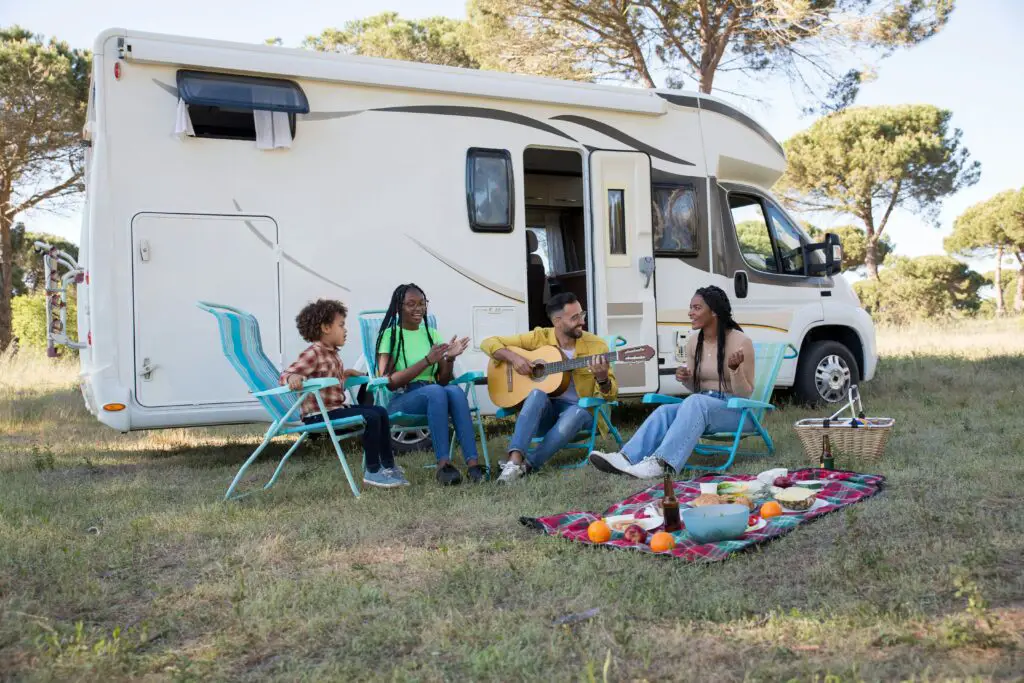
One of the most significant adjustments when moving into an RV is the dramatic downsizing of living space. While tiny living can be appealing to some, it’s a huge challenge for others. Most RVs offer very limited square footage, making it difficult to store belongings or even have a comfortable personal space.
You’ll need to be incredibly organized to make the most of your space, and even then, there’s no escaping the fact that you’ll be living in tight quarters. Cooking, sleeping, and working in the same small space can be a strain, especially during long stretches of travel. The lack of space can make RV living feel cramped and uncomfortable, especially for those who are used to larger homes.
2. Wi-Fi and Cell Service Are Hit or Miss

While the freedom of RV life is appealing, many people don’t realize how challenging it can be to stay connected on the road. Wi-Fi and cell service can be incredibly inconsistent, especially when you’re in more remote or rural areas. Even with high-tech gadgets designed to boost signals, you might find yourself stuck with spotty internet or no service at all.
This can be a serious issue for those who work remotely, rely on internet-based communication, or need to stream entertainment while on the road. Trying to stay connected can become a daily frustration, and the lack of reliable service can take a toll on your productivity and peace of mind. RV life may sound freeing, but the lack of consistent connectivity is a harsh reality that many fail to anticipate.
3. Maintenance and Repairs Are a Constant Concern
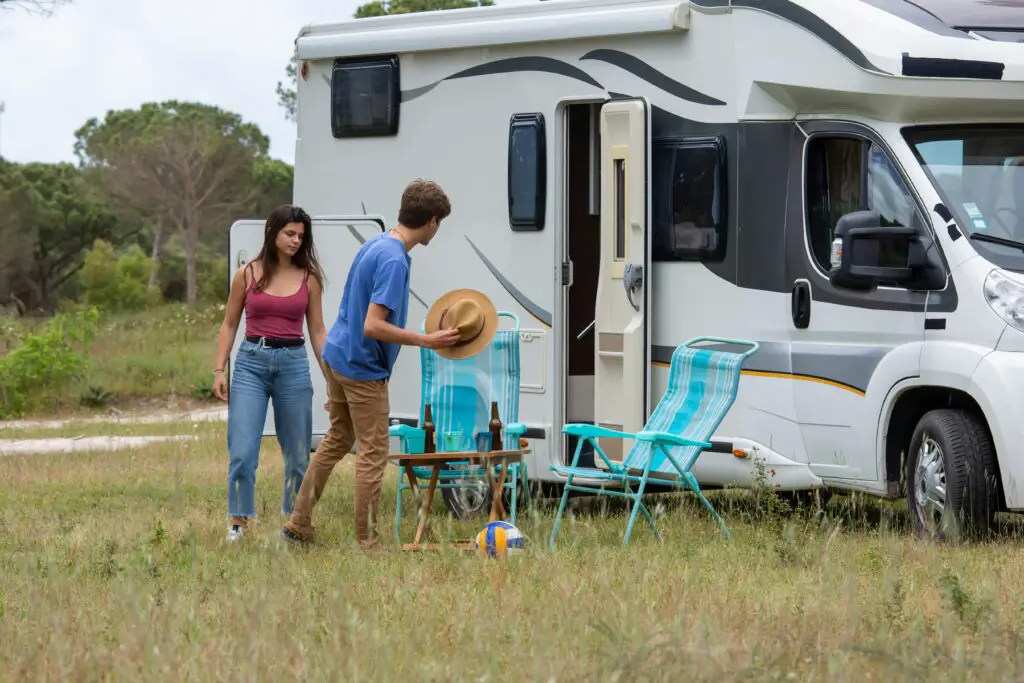
Owning an RV comes with the responsibility of constant maintenance and repairs, which can be more costly and time-consuming than you might expect. While RVs are built for travel, they are not invincible, and the wear and tear from long trips can quickly take a toll. Routine maintenance is crucial, but even the most well-maintained RVs will require repairs at some point.
When repairs are needed, finding specialized RV mechanics can be difficult, especially in remote areas. The costs of these repairs can add up quickly, and the inconvenience of dealing with broken-down vehicles is a frustrating part of the RV lifestyle. As much as the open road calls to you, the reality is that RV maintenance can often feel like a never-ending task.
4. The Weather Can Make or Break Your Plans
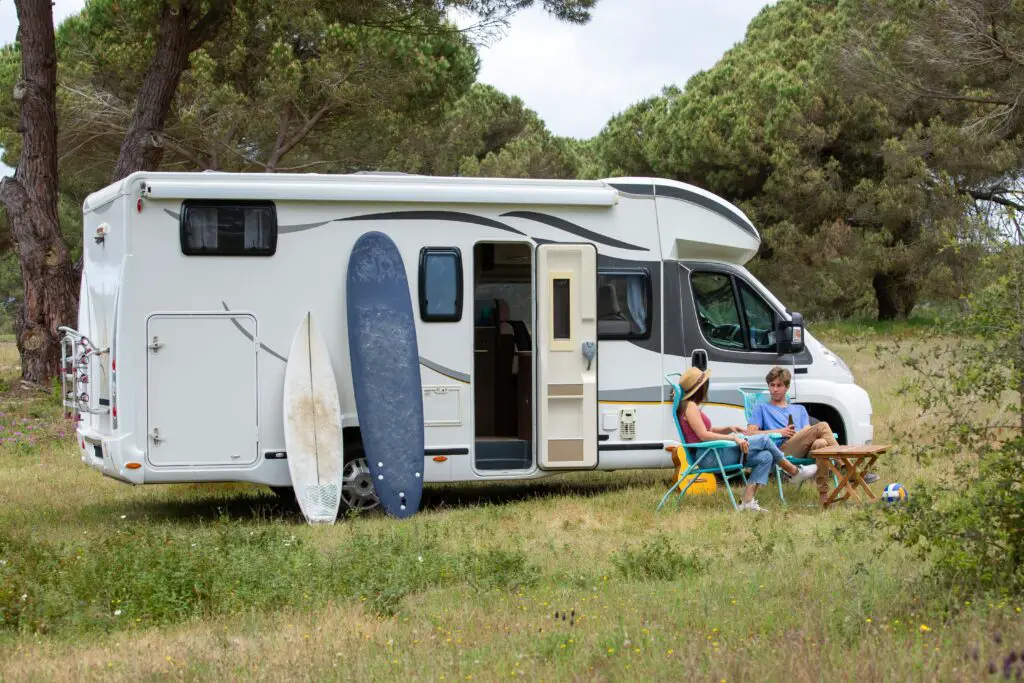
One of the biggest downsides of RV living is how much weather can impact your plans. Unlike traditional homes, RVs are vulnerable to the elements, and extreme weather can wreak havoc on your travel plans. Rain, snow, or extreme heat can make driving difficult or even dangerous, especially in an RV that’s not built to handle such conditions.
Additionally, the insulation in most RVs isn’t as strong as in a conventional home, which means that extreme temperatures can make it uncomfortable to live in. Cold nights and hot days can turn your RV into an uncomfortable living space without a proper heating or cooling system. The unpredictability of weather can put a damper on your travels and force you to adjust your route or plans frequently.
5. You Will Miss the Comforts of Home
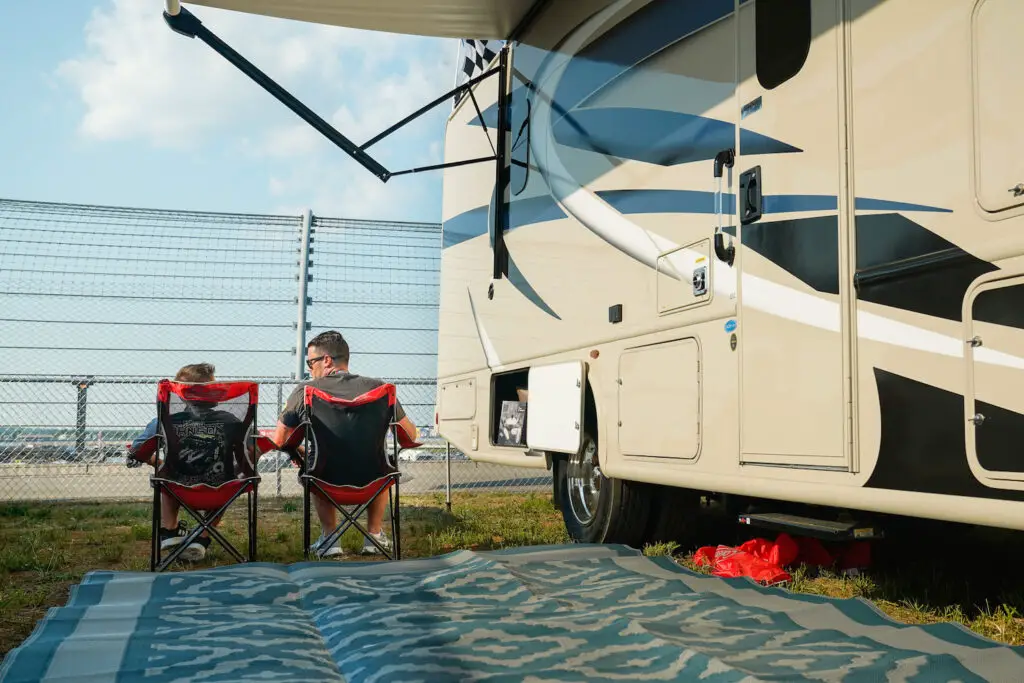
Living in an RV means sacrificing many of the comforts of a traditional home, and that can take a toll after a while. The small size of the RV means you don’t have the luxury of a full-sized kitchen, a spacious bathroom, or a comfortable bed. The lack of these comforts can make day-to-day life feel more like camping than living in a permanent home.
There’s also the issue of personal space—living in close quarters with others (whether a partner, family, or roommates) can cause tension over time. The absence of a private, relaxing environment can make it difficult to unwind after a long day. Despite the allure of freedom and adventure, many RV dwellers miss the comfort and convenience of a traditional home.
6. You’ll Be Responsible for Everything
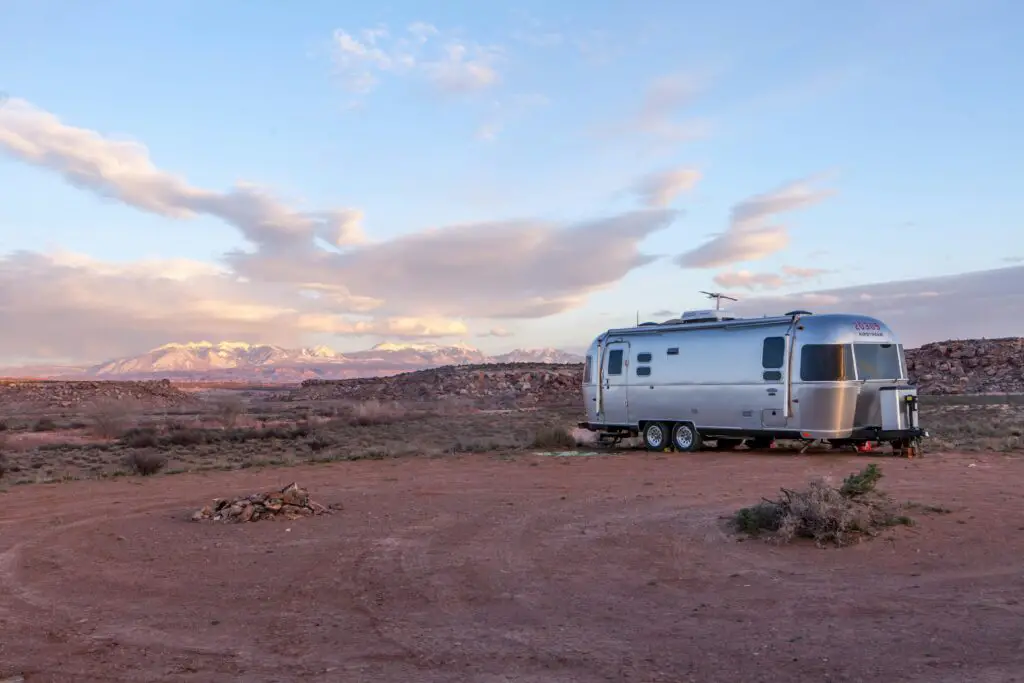
RV life can often feel like one big DIY project. You’ll be responsible for everything, from driving and parking the RV to maintaining it and fixing any issues that arise. If something goes wrong, you can’t simply call a landlord or hand it off to a professional team—you’ll need to figure it out yourself or pay for repairs on the spot.
This can be exhausting, especially when you’re on the road and don’t have access to your usual support systems. Even if you hire professionals to help with certain tasks, the overall responsibility for the RV and its operation falls squarely on your shoulders. It’s a level of self-sufficiency that some people may not be prepared for, and it can quickly become overwhelming.
7. Storage Space is Limited
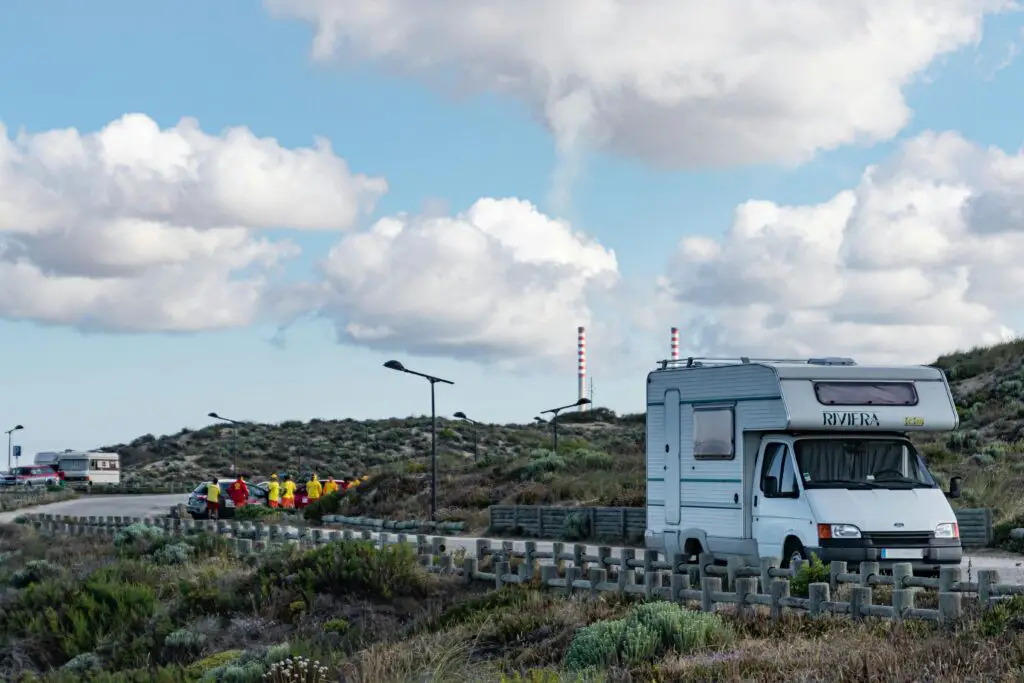
One of the biggest sacrifices in RV living is the lack of storage space. You’ll need to downsize and carefully choose what items you bring along with you, as there simply isn’t room for everything you might want or need. Clothes, tools, food, and personal items will need to be carefully packed and organized into tight compartments.
This can be a challenge, especially if you plan to travel long-term or need to store seasonal items. Many RV dwellers find themselves constantly reorganizing or rotating what they carry with them, as space is always at a premium. It’s easy to feel frustrated when you realize that some of your favorite items simply won’t fit in your tiny RV.
8. It’s Harder to Find Parking Than You Think
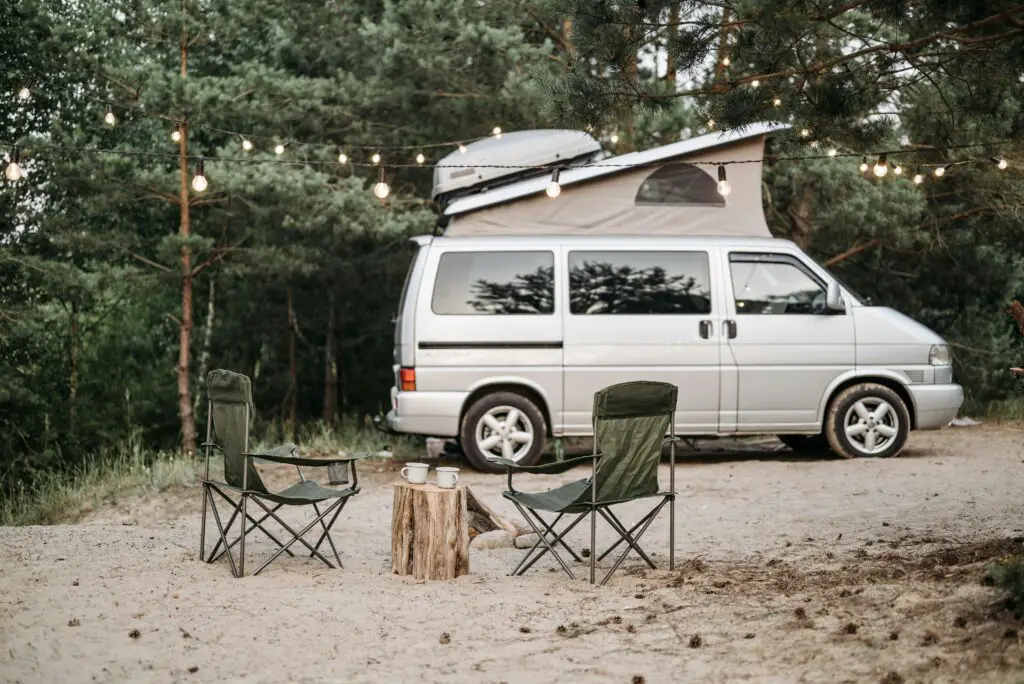
When you think of RV life, you likely imagine parking in scenic locations or enjoying overnight stays in peaceful areas. However, finding a parking spot that accommodates your RV can be far more difficult than you anticipate. Many cities and towns have restrictions on where RVs can park, making it challenging to find legal or safe places to rest overnight.
Moreover, RV parks and campgrounds can fill up quickly, especially in peak travel seasons, and booking a spot can become a logistical nightmare. Many popular destinations also lack adequate parking for large RVs, forcing you to park farther away and deal with additional transportation challenges. Navigating parking for an RV is far more complicated than you may expect, and it can quickly detract from the joy of traveling.
9. It Can Be Lonely

While RV life can offer opportunities for travel and new experiences, it can also be an isolating lifestyle. Many RVers find themselves spending long stretches of time alone, especially if they’re traveling solo or without a group. The freedom of the open road can sometimes mean a lack of social interaction, leading to feelings of loneliness and isolation.
Even when staying in RV parks, you may not always connect with fellow travelers, as everyone is often preoccupied with their own journeys. Making lasting connections in the RV community can be difficult, especially if you’re constantly on the move. The isolation that can come with RV life is a reality that some people overlook when fantasizing about the lifestyle.
10. The Overemphasis on Self-Sufficiency
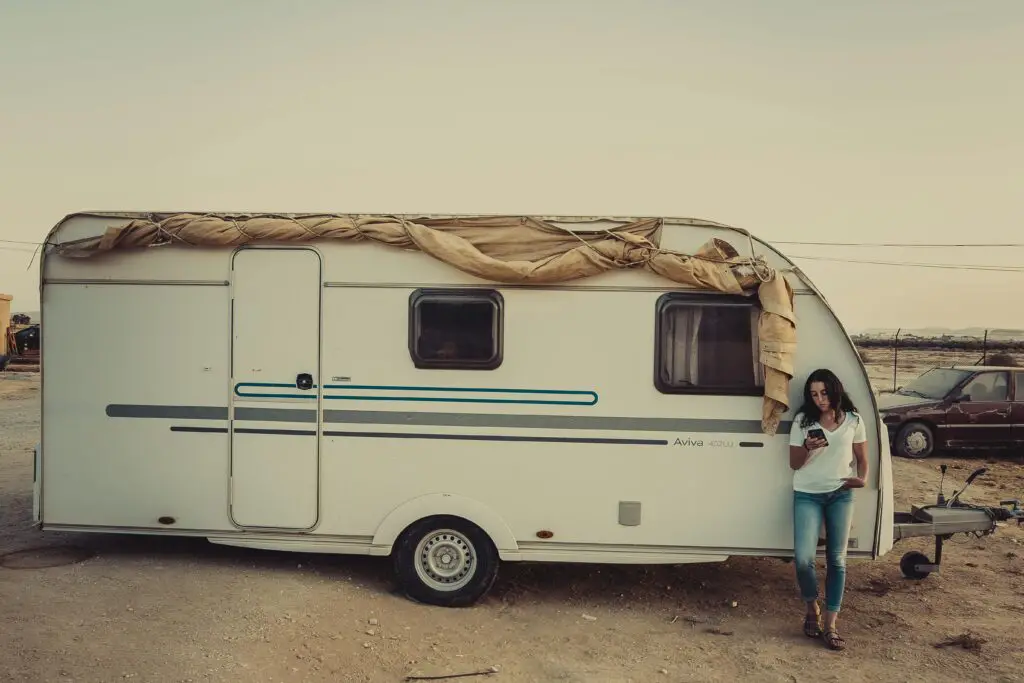
One of the biggest downsides to RV living is the lack of stability and routine. While the open road offers a sense of freedom, it also means you won’t have the same sense of community and stability that you get with a permanent home. You may miss the friendships you’ve built, the local hangouts, and the sense of belonging that comes from living in one place for an extended period.
Building a routine is also a challenge when you’re always on the move. There’s no predictable work schedule or home base to return to each day, and the constant shifts in your environment can make it difficult to stay organized or manage your time effectively. The lack of a settled routine and community can quickly make RV life feel lonely and disconnected.
11. Your RV Can Lose Value Fast
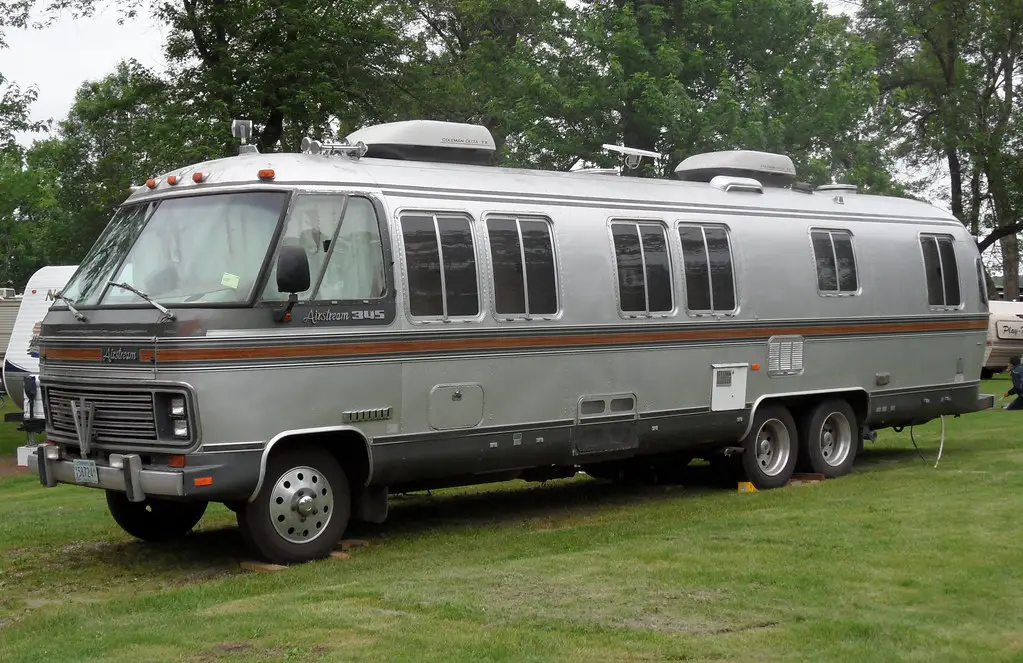
While purchasing an RV may seem like a good investment at first, it’s important to remember that RVs depreciate in value quickly. Just like cars, RVs lose a significant amount of value once they are driven off the lot, and the depreciation continues as they age. Over time, the value of your RV can drop substantially, making it difficult to recoup your initial investment.
Maintenance and repairs, as mentioned earlier, can also factor into the depreciation. The more work your RV needs, the lower its resale value will be. This means that if you decide to sell or trade in your RV, you may not get back nearly as much as you originally paid for.
12. The Costs Can Add Up Quickly

At first glance, RV life may seem like a budget-friendly alternative to traditional living, but the costs can quickly escalate. The initial purchase of the RV itself is only the beginning—whether you buy new or used, RVs can be incredibly expensive. On top of the purchase price, there are ongoing costs like maintenance, repairs, insurance, and storage fees that are often overlooked.
Furthermore, RVs require regular fuel stops for long trips, which can add up quickly, especially with rising gas prices. The cost of staying at RV parks or campgrounds also needs to be considered, as these fees can vary significantly depending on the location and the amenities provided. All these expenses combined mean that RV life is often more expensive than people anticipate, and it may not be the cost-saving solution it’s cracked up to be.
